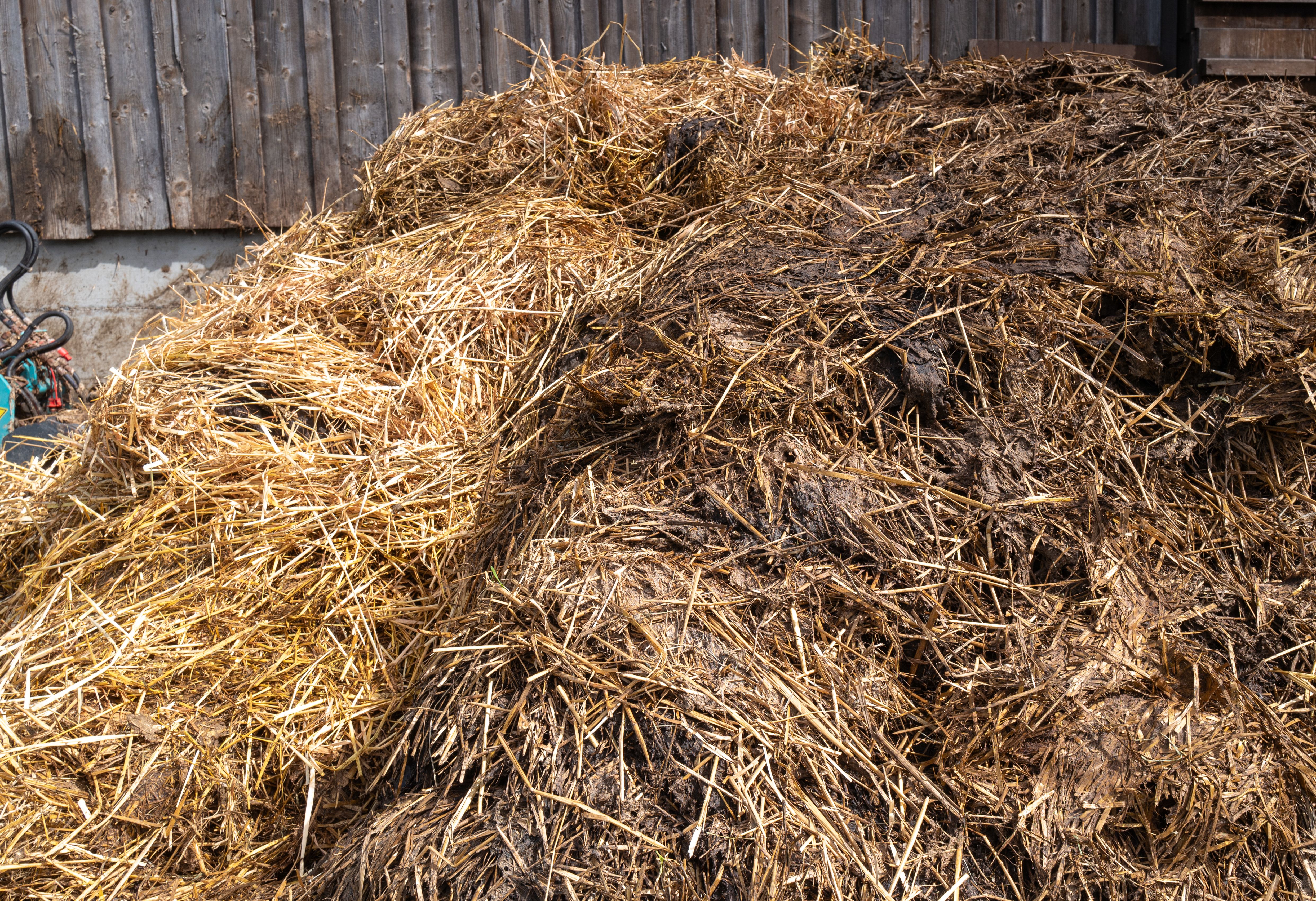Cultivating the Future: Sustainable Farming Practices
Introduction to Sustainable Farming
As the global population continues to rise, the demand for food increases, putting significant pressure on agricultural systems. To address these challenges, sustainable farming practices have emerged as essential methods to ensure food security while preserving the environment. These practices focus on maintaining soil health, reducing carbon footprints, and promoting biodiversity.
Sustainable farming is not just a trend but a necessity. It involves adopting techniques that are environmentally friendly, economically viable, and socially responsible. By doing so, farmers can cultivate crops efficiently without depleting natural resources.

The Principles of Sustainable Agriculture
Sustainable agriculture is built on several key principles that guide farmers in their operations. These principles ensure long-term productivity and environmental health. Some of these include:
- Soil Health: Maintaining soil fertility through natural means such as crop rotation and organic composting.
- Water Management: Implementing efficient irrigation systems and rainwater harvesting to conserve water.
- Integrated Pest Management (IPM): Using natural predators and biological controls to manage pests instead of relying solely on chemical pesticides.
By adhering to these principles, farmers can produce healthier crops while minimizing their impact on the planet.
Innovative Techniques in Sustainable Farming
In recent years, several innovative techniques have been developed to enhance sustainable farming efforts. One such technique is agroforestry, which integrates trees and shrubs into crop and livestock systems. This approach not only improves biodiversity but also enhances soil structure and reduces erosion.
Another promising method is permaculture, a holistic design system that mimics natural ecosystems. Permaculture emphasizes sustainable land use and aims to create self-sufficient agricultural environments that require minimal external inputs.

The Role of Technology in Sustainable Farming
Technology plays a crucial role in advancing sustainable farming practices. Precision agriculture, for example, uses data analytics and satellite imagery to monitor crop health and optimize resource use. This technology allows farmers to apply fertilizers and water more efficiently, reducing waste and environmental impact.
Additionally, advancements in genetic engineering have led to the development of drought-resistant and pest-resistant crop varieties. These innovations help farmers maintain productivity in challenging climates while reducing the need for chemical inputs.
Benefits of Sustainable Farming Practices
Sustainable farming practices offer numerous benefits that extend beyond environmental preservation. Economically, they can reduce costs associated with synthetic fertilizers and pesticides. Moreover, sustainably grown produce often commands higher market prices, providing farmers with additional income opportunities.

Socially, sustainable farming supports rural communities by creating jobs and promoting food security. It fosters a sense of stewardship among farmers, encouraging them to protect their land for future generations.
Challenges and the Path Forward
Despite the advantages, implementing sustainable farming practices is not without challenges. Farmers may face financial constraints, lack of knowledge, or resistance to change. Overcoming these barriers requires support from governments, educational institutions, and industry stakeholders.
Moving forward, it is crucial to invest in research and development to innovate new sustainable methods. Additionally, fostering collaboration among farmers worldwide can facilitate knowledge sharing and accelerate the adoption of best practices.
Conclusion
Sustainable farming practices are vital for cultivating a future where food production meets the needs of a growing population without compromising the health of our planet. By embracing these methods, we can ensure a resilient agricultural system that supports both people and the environment. The journey towards sustainability is ongoing, but with continued effort and innovation, a greener future is within reach.
Commercial Kitchen Marketplace
Your one-stop online destination for equipping professional kitchens. Discover a wide selection of durable, high-quality commercial-grade appliances, from heavy-duty ovens and refrigeration units to efficient food preparation tools and essential kitchenware. Visit our store: http://avice.org
